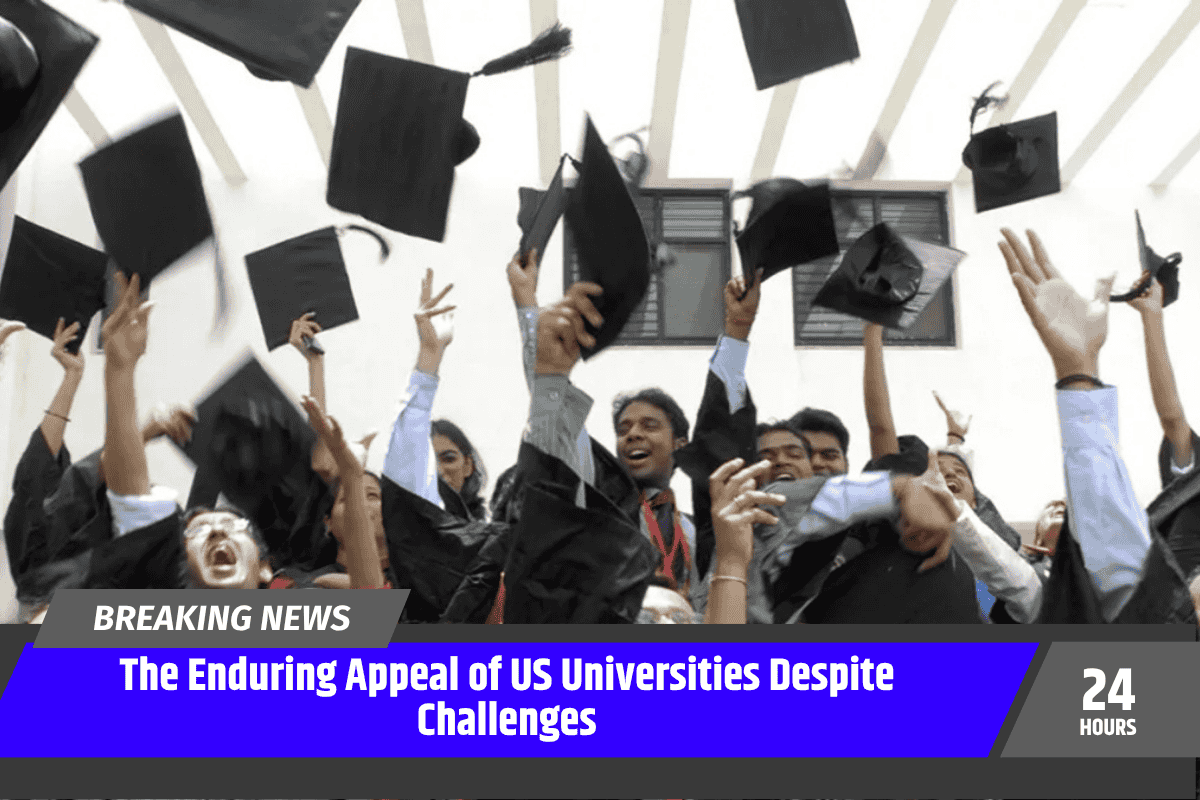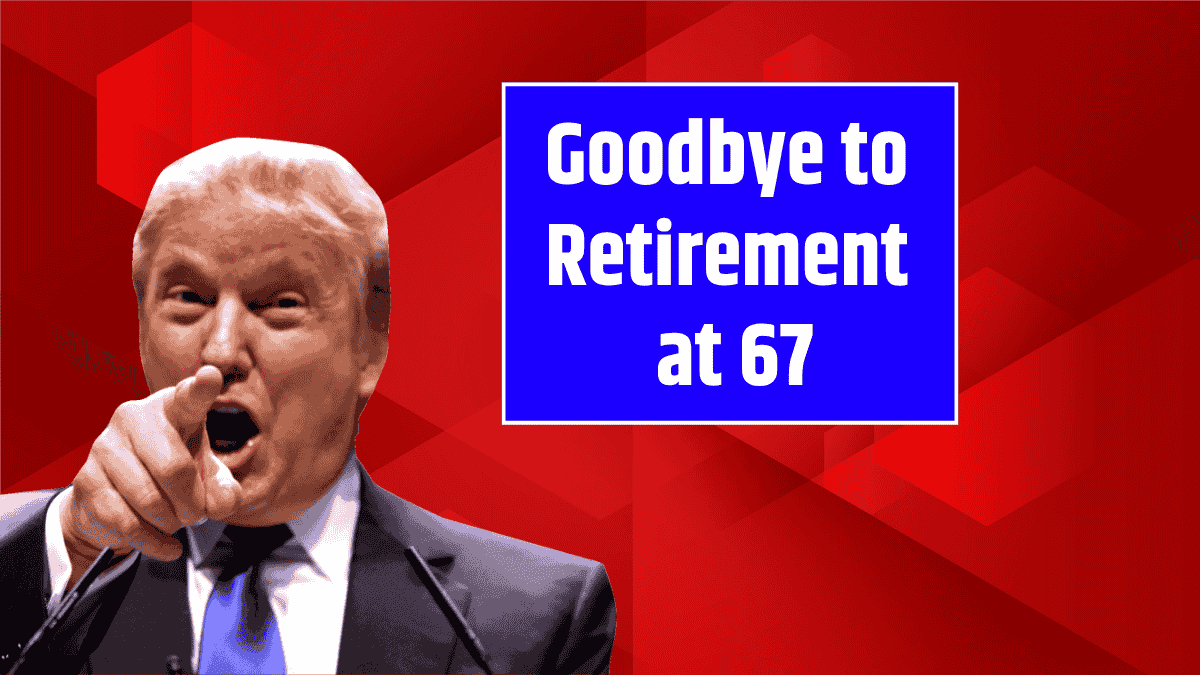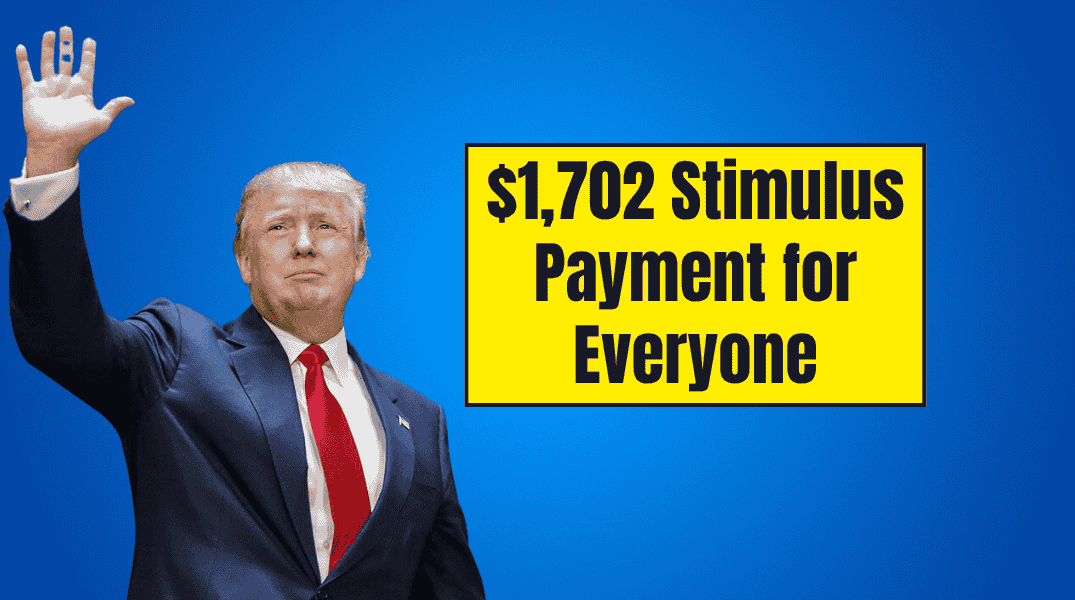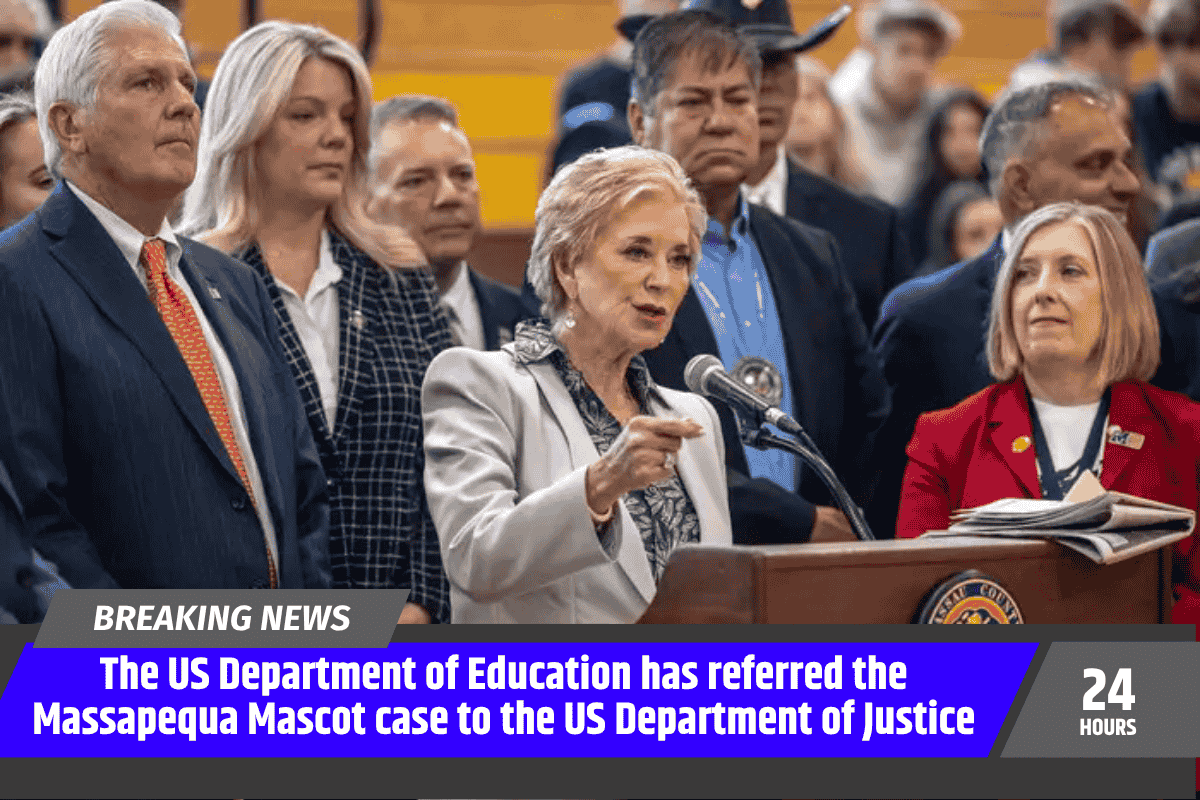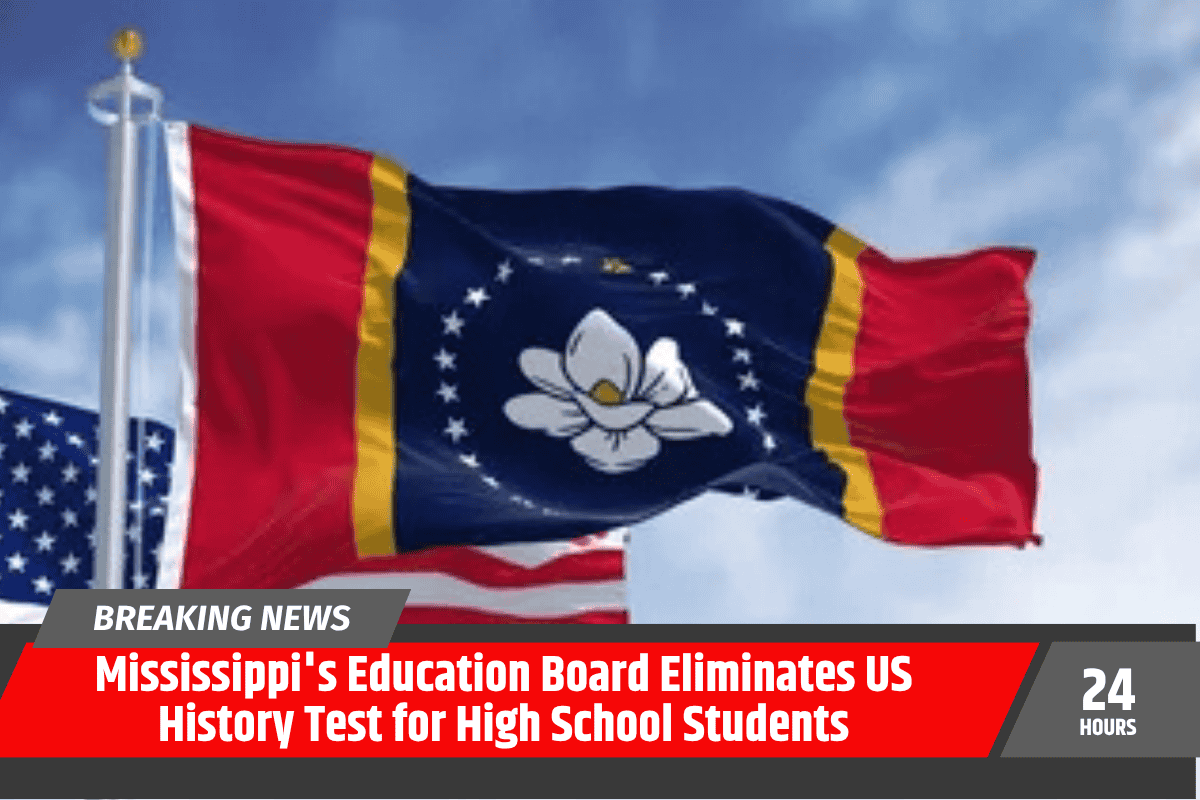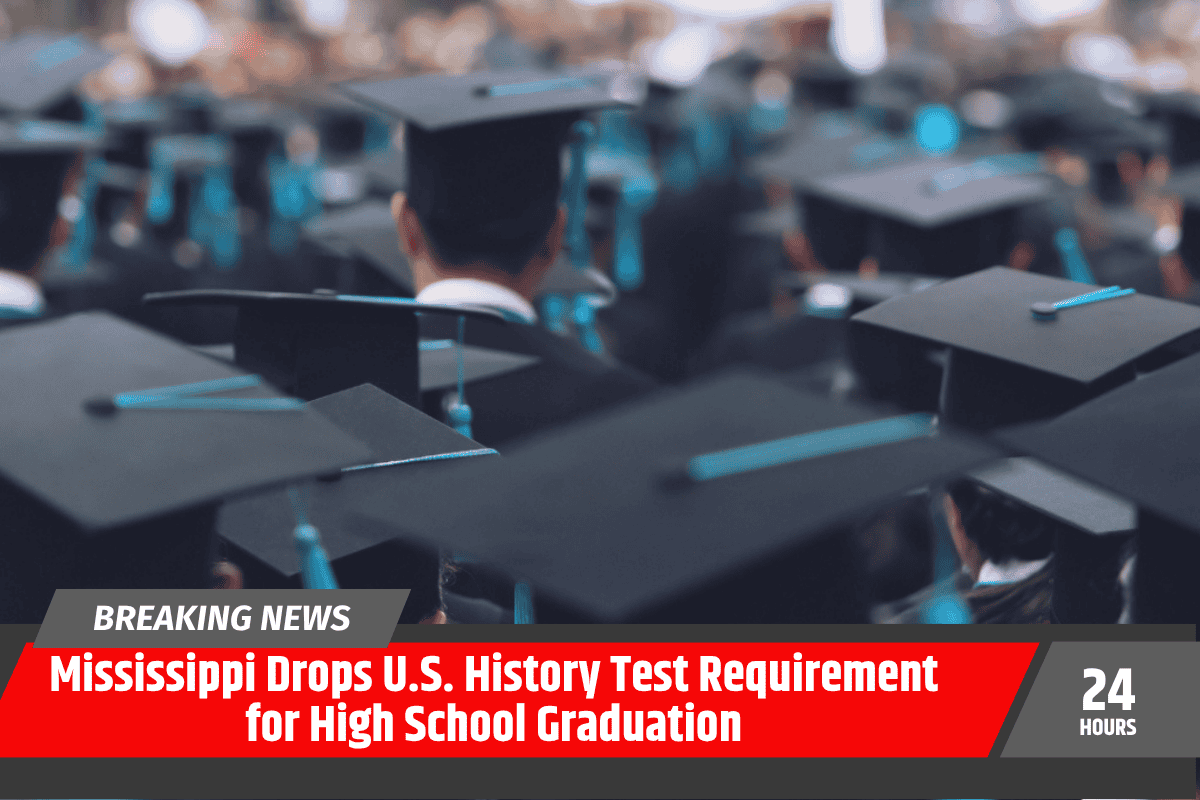Over the last decade, US universities have grown even more competitive, with some institutions now seeing acceptance rates of less than 8%.
For instance, New York University (NYU), once with a 40% admissions rate, now has just a 7% acceptance rate.
Similarly, Johns Hopkins University has dropped from a 15% acceptance rate to 5%, and Duke University has experienced a massive increase in applications.
This trend reflects a growing level of competition for spots in top US universities, making admissions a challenging process for prospective students.
Beaton, a Kiwi entrepreneur who has firsthand experience with the Ivy League, having graduated from Harvard, Stanford, and Yale, as well as studying at Oxford and King’s College in the UK and Tsinghua in China, knows the intricacies of navigating the world of elite education.
As the founder of Crimson Education, a company valued at over $1 billion, Beaton specializes in helping families secure places in the world’s top universities, especially in the US.
The Flexible and Multifaceted US Education System
Beaton believes that the appeal of US universities is partly due to the flexibility of their curriculum. Unlike many other countries where higher education often leads to degrees preparing students for specific industries, the US system allows students to explore various subjects.
This is particularly beneficial for 18-year-olds, who may not yet know what career path they want to pursue. The ability to take a broader range of subjects in the first few years allows students to discover their interests and skills.
As the world continues to change rapidly, including technological advancements and evolving job markets, the interest in liberal arts programs is growing.
Beaton argues that the era of focusing solely on one academic field through a single degree is slowly fading away. This shift reflects the need for individuals who can adapt to the dynamic nature of the global economy.
The Impact of Political and Legislative Changes
The US government has recently made headlines by introducing sweeping changes to student visa processes and limiting the powers of prestigious institutions like Harvard.
These developments have raised concerns about the future of US higher education, especially for international students.
However, Beaton reveals that students and families from countries like China, Korea, and India are not deterred by these political shifts.
According to Beaton, the application process to US universities often involves years of preparation, making it unlikely that political changes will drastically impact students’ plans.
Students applying to top US universities usually also consider applying to prestigious schools in the UK, such as Oxbridge.
Beaton suggests that the best approach is to build a strong US application profile, which will also enhance one’s chances of being accepted to top UK institutions.
Additionally, students who opt for a gap year can still pursue advanced studies, allowing them to finish their degree in three years instead of four.
The Resilience of the US Economy and Universities
The US economy has long been seen as a place of opportunity, where graduates of top universities can step directly into successful careers in sectors such as finance, technology, medicine, and law.
Despite the challenges posed by recent political developments, Beaton believes that the US system remains resilient.
He asserts that while issues like funding cuts and international student bans make headlines, they do not diminish the global desirability of US universities.
Beaton emphasizes that the “American dream” is still very much alive, even if it is not as accessible to everyone.
While certain administrations may try to disrupt the functioning of universities, the core strength of institutions like Harvard remains intact.
Despite external challenges, the excitement and energy of students graduating from these universities reflect their continued global importance.
The US higher education system remains a dominant force in global education, despite the challenges it faces.
The flexibility of the curriculum, the global appeal of prestigious universities, and the enduring opportunity to graduate into successful careers continue to attract students from around the world.
Political and legislative changes may create uncertainty, but for many students, the US remains the destination of choice for higher education.
The resilience of US universities and the global demand for American degrees ensure that these institutions will continue to be influential in shaping the future of education.

